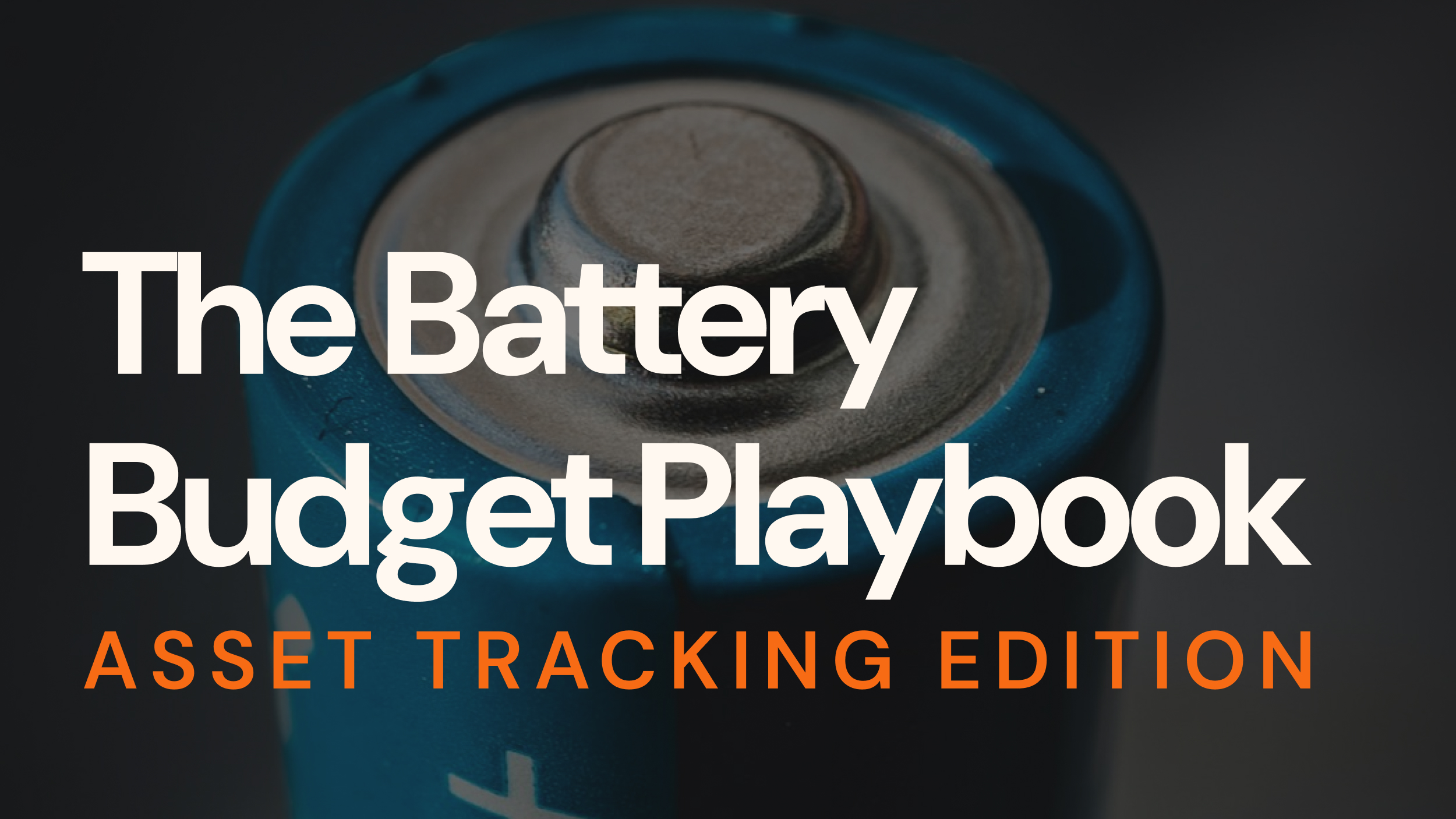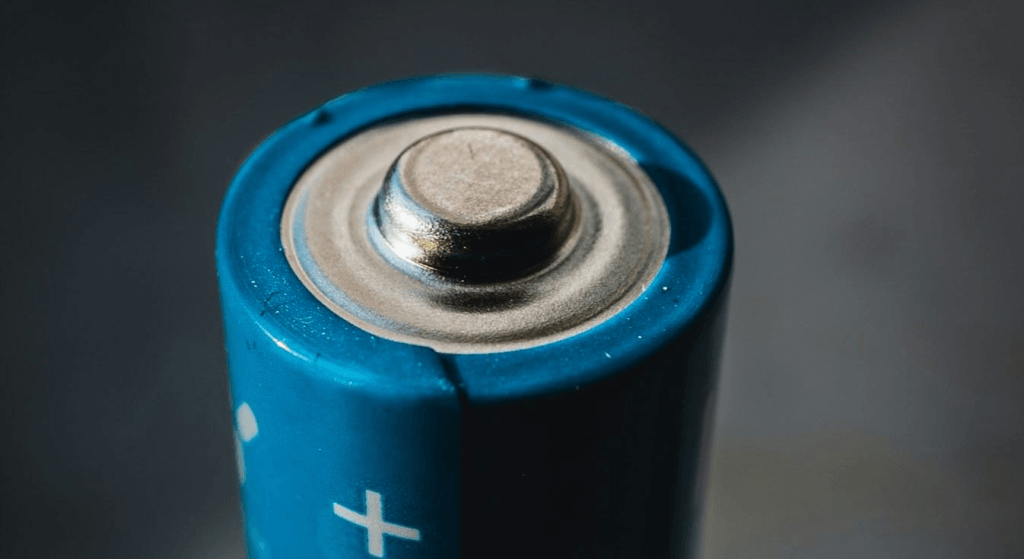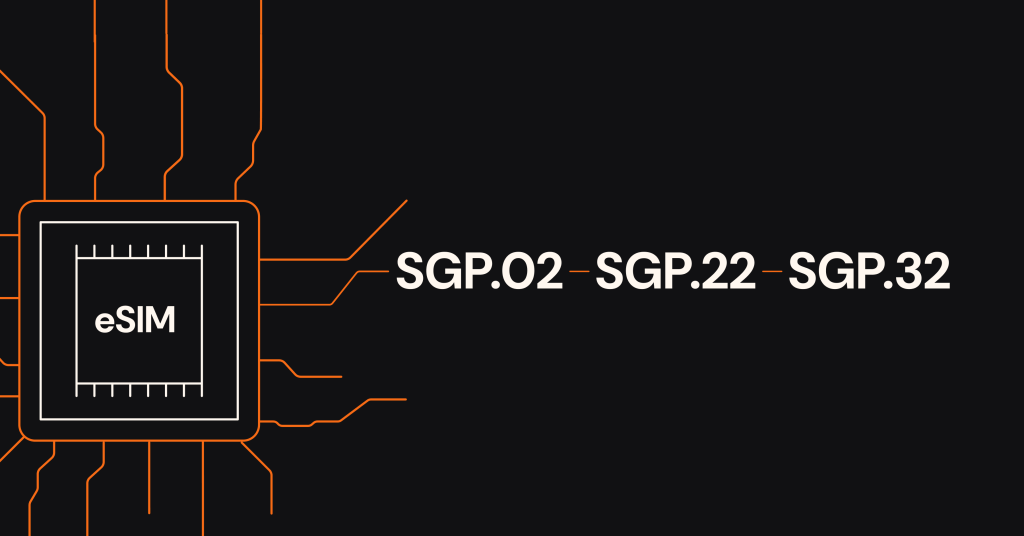We were very fortunate to have Jens Frandsen, Co-Founder and CTO of Donkey Republic, join Michael Freundt Karlsen, CEO and Co-founder of Onomondo, for a broad discussion on how to scale micro-mobility solutions.
This article is a brief recap of the webinar. If you’d like to gain the full insights, you can rewatch the full webinar via the form below.
Topics:
- Scaling a micro-mobility solution (the challenges Donkey Republic faced and how they overcame them)
- The outlook for the micro-mobility and IoT connectivity industries
- How Onomondo has helped Donkey Republic reach its goals
Watch the webinar
Introduction to Donkey Republic
Donkey Republic is a micro-mobility platform for pedal bikes and e-bikes.
The Danish company has a strong sense of civic responsibility. Their goal is to optimise how people live in cities, which also means being nice to people who are not using their bikes. So collaborating with cities is a big part of what they do alongside their rider facing activities.
When they started six years ago, micro-mobility wasn’t a big topic. They initially wanted to optimise bike-sharing systems. Back then, one of the problems was the last-mile issue that commuters faced. So when they take the train or bus, how do they take that last trip to get to their final destination. It was and is about being flexible and being able to switch between travel modes with ease.
How Donkey Republic started out in micro-mobility
Initially, Donkey Republic developed Bluetooth bike locks that users could unlock with their app.
From the early days, the team behind Donkey Republic realised it takes an extensive fleet to get commuters to use bikes – commuters need to know the bike is there every morning. So they focused on visitors/tourists initially but have since shifted their focus to commuters as well.
To achieve flexibility and high availability, they focused on optimising their fleet. They used connectivity to make logs of where bikes were, initially via crowdsourcing and Bluetooth.
From the outset, they tried to keep things as simple as possible. And have built from there, as more flexibility comes with more complexity.
From crowdsourcing to connected bikes
Donkey Republic decided to install a tracking system on bikes as crowdsourcing and Bluetooth didn’t meet user needs. It wasn’t about an anti-theft system; in the micro-mobility world, it’s about optimising your fleet to ensure it’s as close to 100% usable as possible.
Donkey Republic came from a place where tourists would use bikes for two or three days. They have since moved to a space where people are using their micro-mobility solutions for quick trips.
They have to know that the next customer has a bike when they need it. That shift means you need a more responsive system. For example, users needed to know exactly where the bikes were and experience an immediate response when unlocking a bike. On the other side, Donkey Republic needed to predict where people required bikes and at what time. This fleet optimisation is achieved through trackers, connectivity, and using data to optimise.
Trends in IoT and micro-mobility
Donkey Republic’s mission is to get people out of cars, use greener transport, and consume less space in cities. They are investing heavily in e-bikes right now – e-bikes are popular, are more accessible, and mean people can change mode more often.
Connected vehicles is a trend that will only increase. Connected vehicles offer a better user experience (e.g. quicker unlock and a more accurate fleet) and offer better data for cities to optimise traffic flows. Connectivity is here to stay, as it can optimise up-time, operations and all those kinds of things.
Donkey Republic’s take on connectivity
Price is, of course, is an important factor as part of operations.
Otherwise, connectivity has to work, just as you expect water to come out of a tap. Donkey Republic wants a partner who has the expertise to ensure that if they send a bike to a new corner of the world, it’s just going to work.
Once you’re working with connected vehicles, you need to deal with debugging. Debugging globally deployed assets is complex, and having a partner who has figured that out is a big advantage. Looking into the black box of how networks operate is super valuable for companies that want to scale rapidly.
Donkey Republic’s pedal bikes need a different type of connectivity to e-bikes. This is because the pedal bikes are basically offline most of the time, where on the other hand, the e-bikes are online most of the time. So Donkey Republic needed connectivity that could work well with both of those use cases.
The importance of cooperating with cities
Micro-mobility had a bad reputation due to some bad actors in the early days, and many cities reacted quite strongly to that. For example, e-scooters are not allowed to operate in Copenhagen.
Donkey Republic supports regulation from the city side. So much so that they have built being a good partner to cities into our vision and mission.
According to Jens, what you see now in tenders from cities is building micro-mobility into part of their public transport solution. And you’re also seeing the importance of this data component increasing. Donkey Republic happily takes part in optimising traffic and public transport, as long as the proper privacy considerations are made.
Watch the webinar for more micro-mobility insights
Watch the full webinar to find out more about the future of micro-mobility and IoT connectivity.
There’s more to experience in the webinar on the following topics:
- The post-pandemic landscape for micro-mobility.
- The importance of focusing on the user needs first.
- Power budget considerations.
- How to save power budget with Onomondo Connectors.
- The most important thing that hindsight has given Jens.






